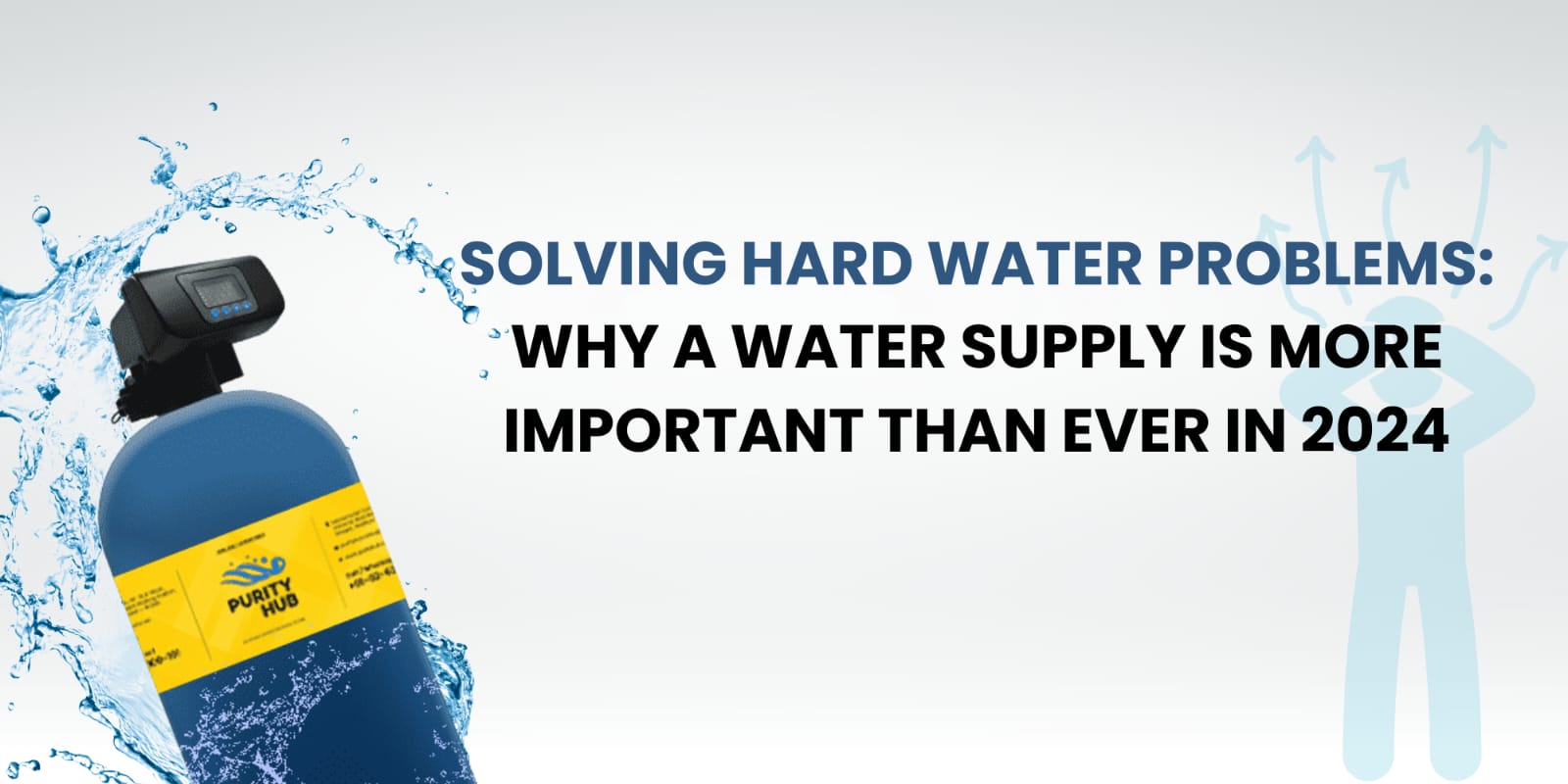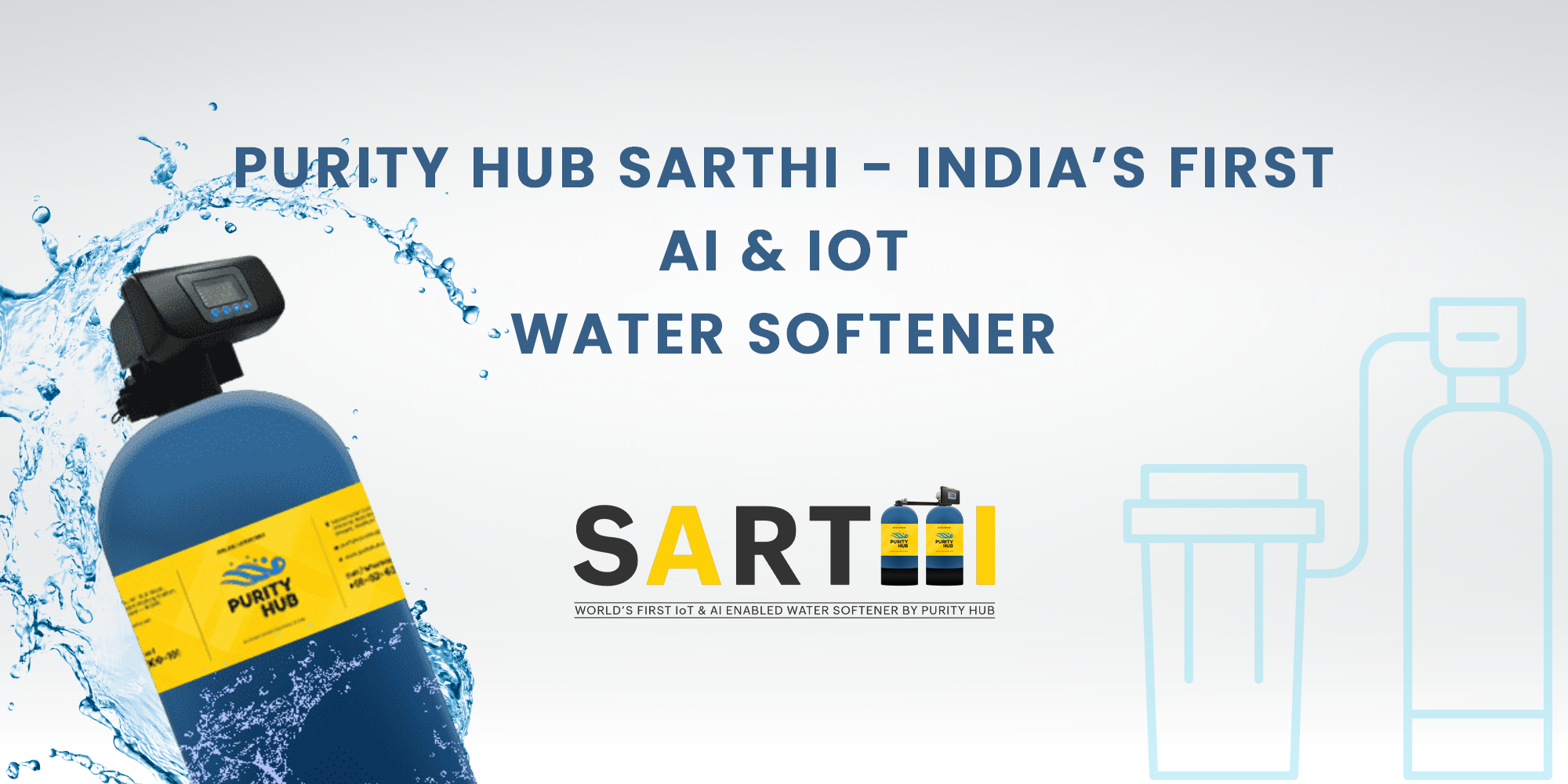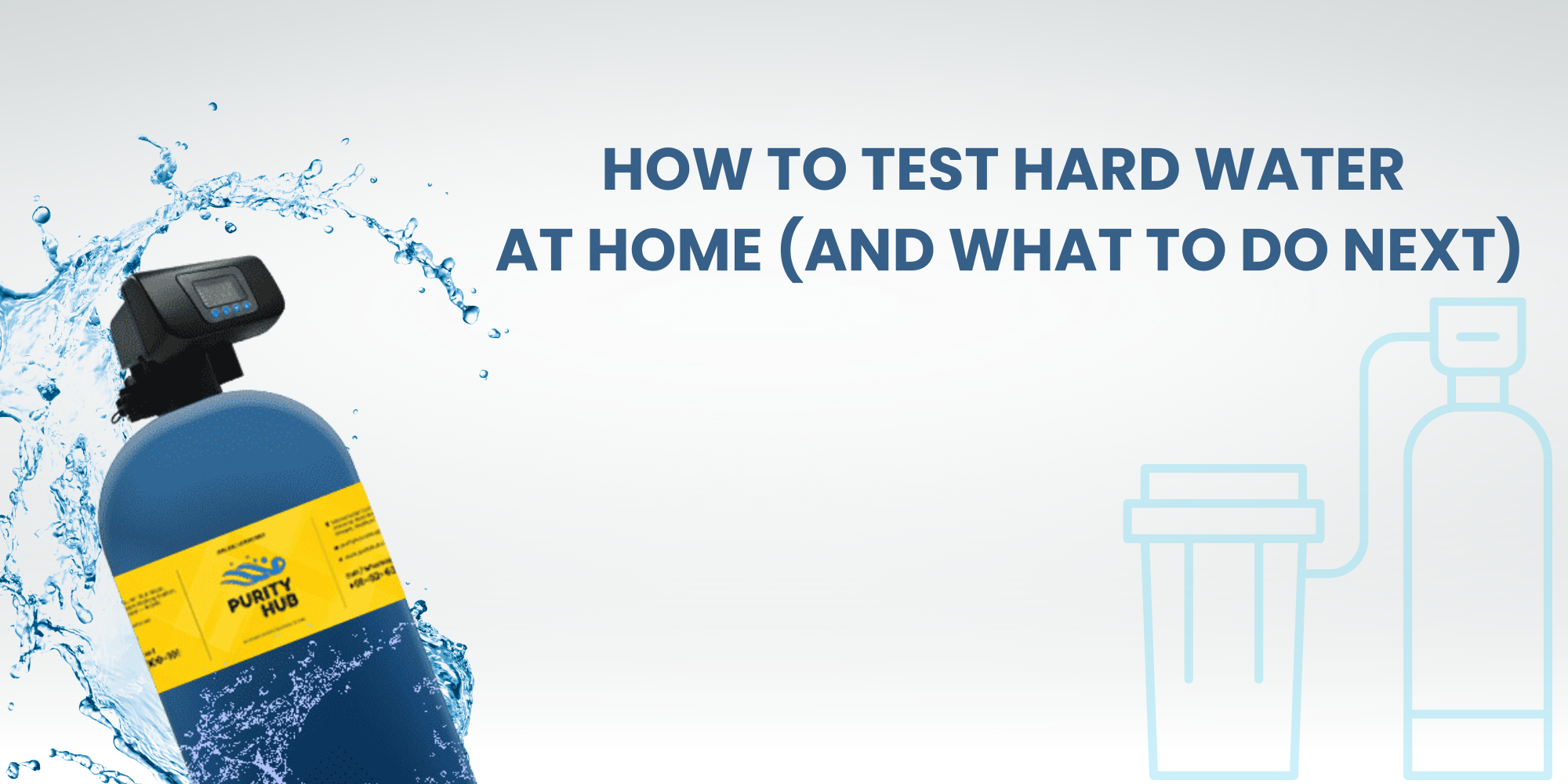
In 2024, the issue of hard water is becoming more prevalent than ever before, impacting millions of households worldwide. As urbanization increases, many water supplies are exposed to minerals that cause hard water, leading to a host of problems for homeowners. From damaging appliances to affecting personal care, hard water can be a nuisance in day-to-day life. Fortunately, there is a solution—installing a water softener. This device offers an effective way to tackle hard water problems, making it an essential investment for homeowners.
What is Hard Water?
Hard water contains a high concentration of dissolved minerals, particularly calcium and magnesium. These minerals enter the water supply as it passes through underground deposits of limestone and other rocks rich in mineral content. While hard water is not harmful to drink, it causes numerous issues around the home, especially with plumbing, appliances, and personal care.
The presence of minerals in hard water leads to the formation of limescale, a chalky residue that accumulates on surfaces such as faucets, showerheads, and even within pipes. Limescale buildup not only reduces the efficiency of water-based appliances, but it also shortens their lifespan and increases utility bills.
The Increasing Importance of a Water Softener in 2024
As cities grow and water sources become more susceptible to mineral contamination, the demand for water softeners is increasing. In 2024, the environmental and financial costs of hard water are higher than ever before, making water softeners an essential tool for maintaining efficient, cost-effective, and sustainable households.
1. Protecting Appliances and Reducing Energy Costs
Appliances like water heaters, dishwashers, and washing machines are particularly vulnerable to hard water. The minerals in hard water form limescale, which reduces the efficiency of these appliances. For instance, water heaters require more energy to heat water when limescale buildup is present, driving up energy consumption and costs. By installing a water softener, you can eliminate the minerals that cause limescale, extending the lifespan of your appliances and reducing your energy bills.
In 2024, as energy prices continue to rise, many homeowners are seeking ways to lower their energy consumption. A water softener provides a simple yet effective solution, helping to save money on utility bills by ensuring that appliances run efficiently.
2. Improving Water Quality for Better Personal Care
Another significant impact of hard water is its effect on personal care. Hard water does not allow soap and shampoo to lather properly, which can leave skin feeling dry and hair looking dull. This happens because the minerals in hard water interact with soap, creating a sticky residue that clings to the skin and hair.
By installing a water softener, you can improve the quality of water throughout your home, leading to softer skin and shinier hair. Softened water allows soap to lather better and rinses more effectively, providing a noticeable difference in daily routines like showering and washing clothes.
3. Reducing Maintenance Costs for Plumbing Systems
One of the most damaging effects of hard water is its impact on plumbing. Over time, limescale buildup can clog pipes, reduce water pressure, and lead to costly repairs. This is especially problematic in regions where hard water is particularly common. In fact, in some areas, the need for frequent plumbing repairs due to hard water is one of the biggest household maintenance expenses.
A water softener can prevent these issues by removing the minerals before they have a chance to accumulate in pipes and fixtures. This reduces the likelihood of blockages, improves water pressure, and extends the lifespan of your plumbing system, saving you money in the long run.
4. Saving on Household Cleaning Supplies
The minerals in hard water make it difficult to clean effectively, as they cause soap scum to form on dishes, glassware, and bathroom fixtures. This often leads to the need for harsher cleaning products and more scrubbing to remove the buildup. Additionally, laundry washed in hard water can feel stiff and look dingy, requiring fabric softeners and extra detergent to get the desired results.
With a water softener in place, these issues can be largely avoided. Softened water requires less soap and detergent, leading to cleaner dishes, brighter laundry, and easier household cleaning. In 2024, as many people look for ways to reduce their environmental footprint and cut down on chemical usage, a water softener offers a sustainable solution by reducing the need for excess cleaning products.
5. Adapting to Environmental Changes
The environmental changes of 2024 have led to fluctuations in water quality in many regions. As weather patterns shift and water sources become more mineral-rich, hard water is becoming more widespread. Installing a water softener allows homeowners to adapt to these changes and ensure that their water supply remains clean and efficient, regardless of external environmental factors.
Additionally, many newer models of water softeners are designed to be eco-friendly, using less salt and water during the regeneration process. This makes them a sustainable option for households looking to improve water quality without harming the environment.
How a Water Softener Works
A water softener operates through a process called ion exchange. Inside the softener, a resin bed captures the calcium and magnesium ions from the water and replaces them with sodium ions, effectively "softening" the water. Over time, the resin bed becomes saturated with hardness minerals, and the system regenerates by flushing itself with a salt solution, recharging the resin for continued use.
Once installed, a water softener will continuously treat the water that flows through your home, ensuring that you are using softened water for every task, from laundry to cooking to bathing.
Choosing the Right Water Softener for Your Home
When selecting a water softener, consider the following factors:
Water hardness level: You can test your water to determine its hardness level, which will help you choose the right capacity.
Household size: The number of people in your home and your water usage will determine the appropriate size of the water softener.
Salt-based vs. salt-free systems: Traditional water softeners use salt for the ion exchange process, but there are also salt-free options that prevent scale formation without removing the minerals.
Conclusion
In 2024, the need for a water softener has never been more critical. As the issues associated with hard water continue to affect households worldwide, a water softener offers an effective and eco-friendly solution. Whether you're looking to extend the life of your appliances, improve personal care, or reduce household maintenance costs, installing a water softener is a smart investment that will improve the quality of life in your home for years to come.



